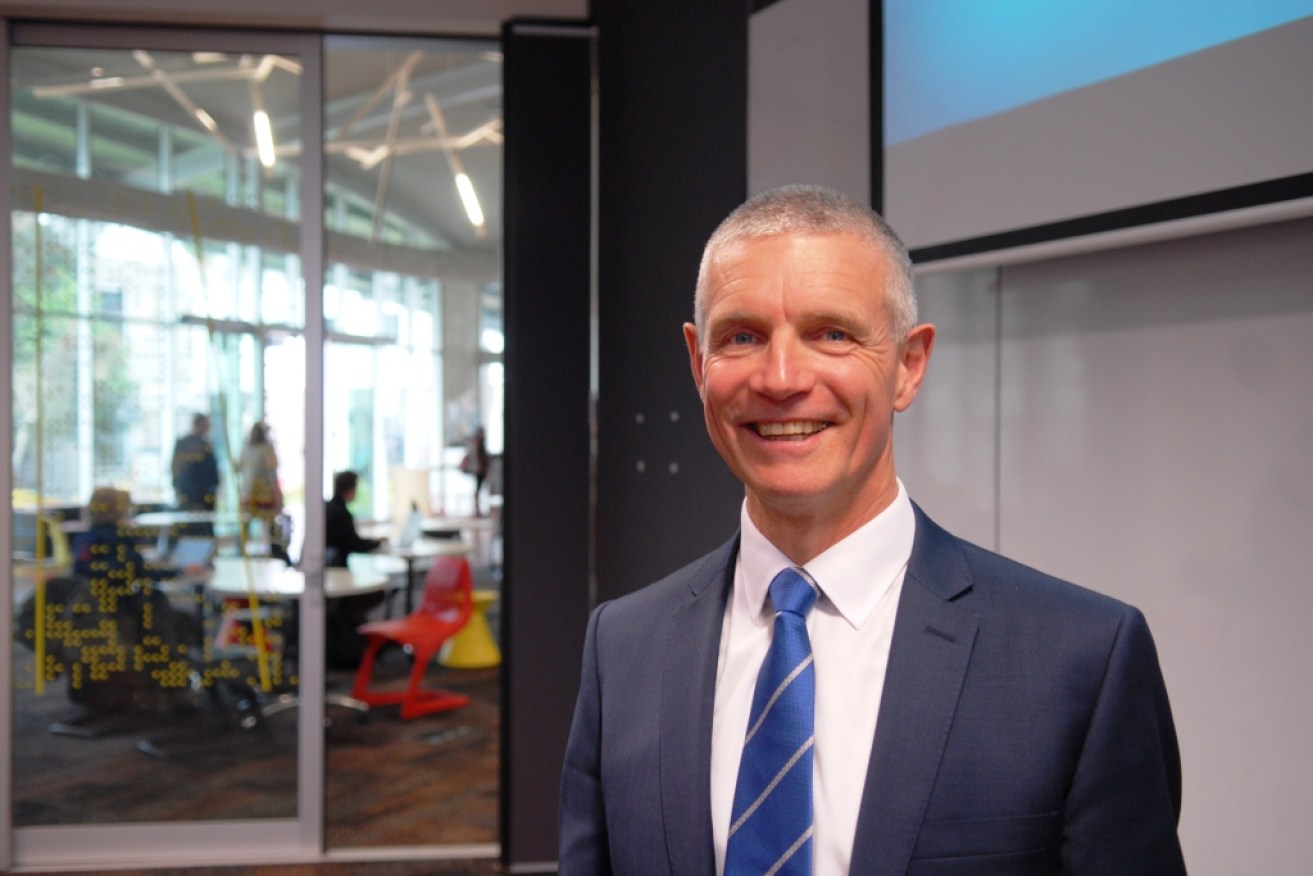
Toxic tycoons – how we all pay for the super rich

Flinders University's Professor Iain Hay is one of the world's leading human geographers specialising in the super rich. He proposed a range of ways to moderate their behaviours.
One of the world’s leading human geographers has revealed how the behaviours of the super-rich are creating a culture of reckless spending and environmental irresponsibility among millions of people who want to emulate their lifestyles.
Professor Iain Hay, editor of Geographies of the Super Rich, gave a public lecture at Flinders University yesterday in which he talked about how the personal bad habits of this tiny group have consequences for the global environment far beyond what many of them might realise.
“A lot of work is now being done on the social consequences of huge inequalities in wealth and income, but almost no one has looked at the environmental significance of the super rich,” said Professor Hay.
“These are the significant environmental consequences caused by billions of people seeking to emulate the ‘successful’ behaviours of the super rich, many of which suggest environmentally catastrophic levels of consumption when applied broadly.”
With figures from Oxfam suggesting 66 people control more wealth than three billion of the world’s poorest people combined, Professor Hay will talk about how to change the behaviour of the planet’s most socially and environmentally impacting individuals.
“While the spending of the super-rich itself might be a relatively small part of global consumption, the behaviours they demonstrate or model to the rest of society – who copy them – is something we haven’t given a lot of attention to.
“Although the general public, and perhaps the super rich, might measure their impact based upon their personal spending, that’s to miss the point somewhat.”
Professor Hay said one way to modify the behaviour of the super rich could be to get key billionaires like Bill and Melinda Gates and Warren Buffet to exert peer pressure on them.
“The English writer, poet and philosopher G.K Chesterton once said that the poor man really has a stake in the country, but that the rich man hasn’t, because he can sail away to New Guinea in a yacht.
“I think he had a point, and the lesson to be taken is that it needs to be other rich men and women who provide the leadership, because they are best placed to understand the fairly unique set of experiences, values and belief systems that exist among the super rich.
“Given the choice of trying to change the spending patterns and modelling behaviours of a small group of super rich people, or trying to change the behaviours of the rest of the world population, it does seem like it should be easier to achieve the former.”




